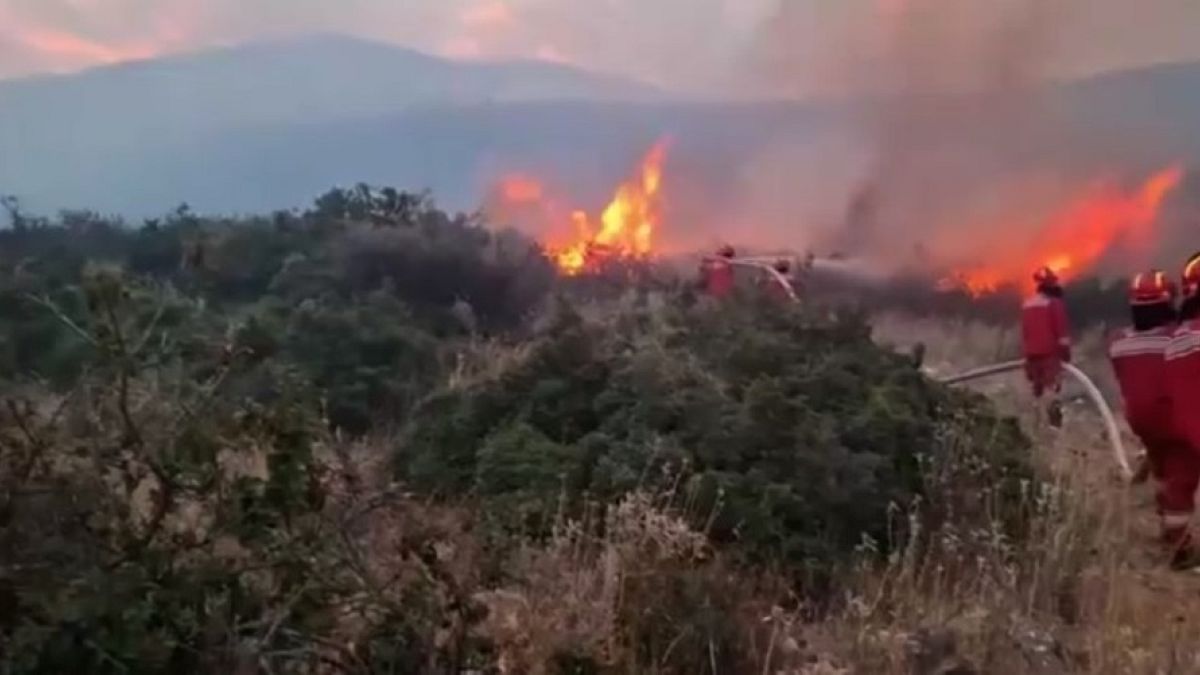

In recent times, various parts of the world have found themselves confronting nature’s challenges with resilience and determination. As the landscapes in southern Europe and beyond face environmental conditions that test both human and ecological endurance, collaborative efforts emerge as a beacon of hope.
Albania and Bulgaria have reached out to the European Union for support as they battle extensive wildfires that have resulted in the loss of thousands of acres and numerous homes. The situation, unsettling in its intensity, has prompted a united response, showcasing the strength of regional solidarity. These fires, prompting evacuations and drawing on resources across Europe, underline the collective spirit required in moments of adversity.
Similarly, Greece and Turkey are navigating the impact of wildfires fueled by relentless winds and scorching temperatures. In Greece, the commendation of rescue teams by the Prime Minister echoes the gratitude felt by those affected, while international aid from nations such as the Czech Republic and Italy highlights the shared responsibility and cooperation that are essential in the face of such adversities. Although a somber note was struck in Turkey with the tragic loss of a firefighter, the focus remains on overcoming these challenges with unity and strength.
In Spain, an invasion of Asian seaweed has underscored the significance of ecological balance. The ‘Rugulopteryx okamurae’ seaweed, transported to the shores of the Strait of Gibraltar, poses a threat to the region’s biodiversity. Local ecologists emphasize the importance of maintaining natural harmony, viewing this as an opportunity to enhance preventative measures and community engagement in safeguarding ecosystems.
The world’s oceans, described by scientists as entering a ‘new normal’ due to prolonged marine heatwaves, serve as another reminder of the global interconnectedness of environmental issues. The state of these aquatic environments invites reflection on the sustainable practices needed to support their rejuvenation and maintain their critical roles in planetary health.
On the economic front, the Autonomy Institute in the UK presents insights into how extreme weather patterns, termed ‘climateflation,’ could impact food prices significantly. With projections suggesting a potential rise of over a third by 2050, there is a clarion call for strategic governmental intervention to minimize financial strains on households. This situation also encourages a collective exploration of innovative food production techniques and resilient supply chains.
In these varied yet interconnected scenarios, the resolve to confront environmental challenges with cooperation, foresight, and informed action becomes clear. Every step taken, whether in mitigating immediate crises or planning for future resilience, reflects a mindful approach to living in harmony with our environment. As communities and nations galvanize their resources and ingenuity, a narrative of hope and adaptability emerges, reminding us of the potential for positive change even amid adversity.
Source: {link}
